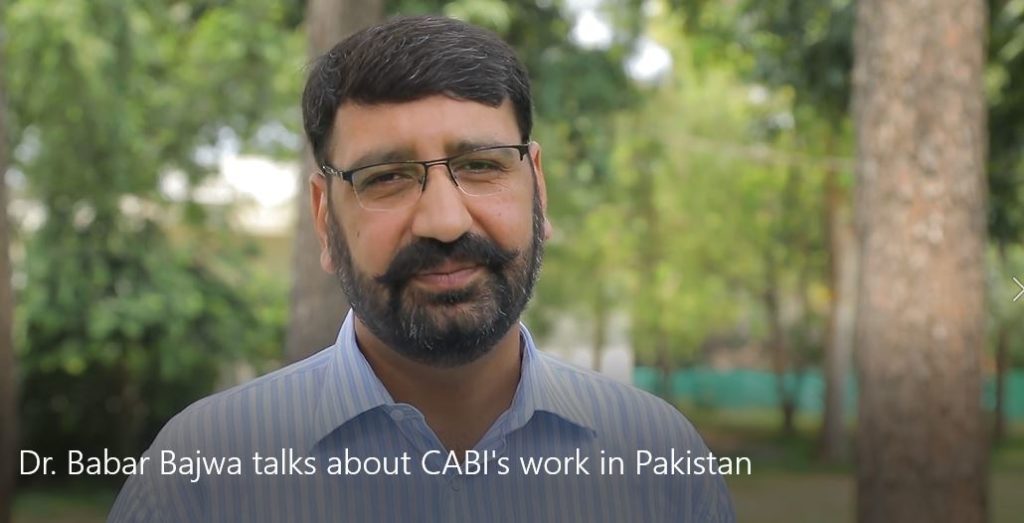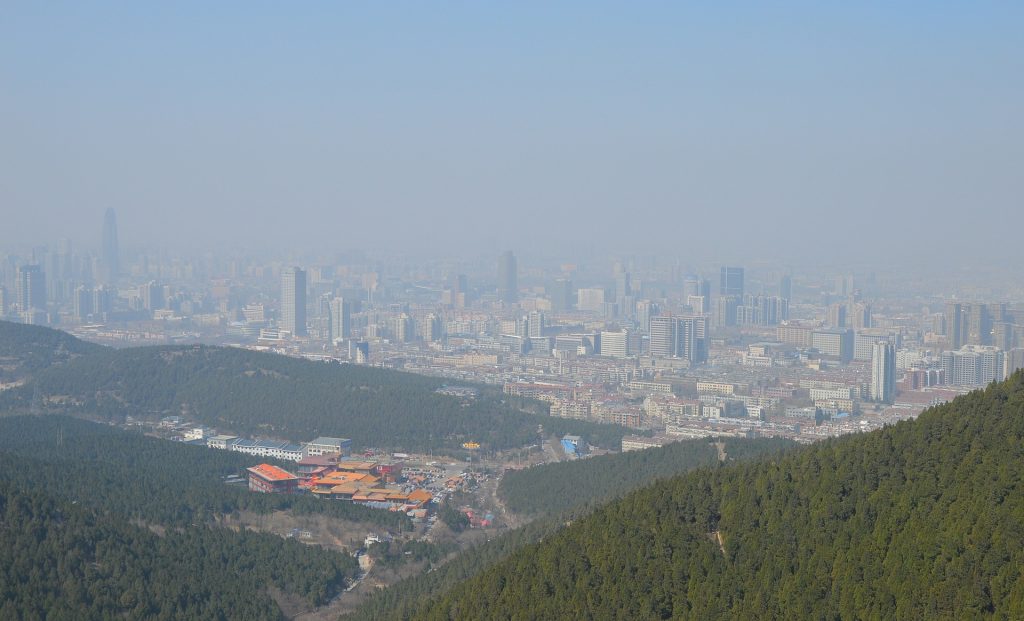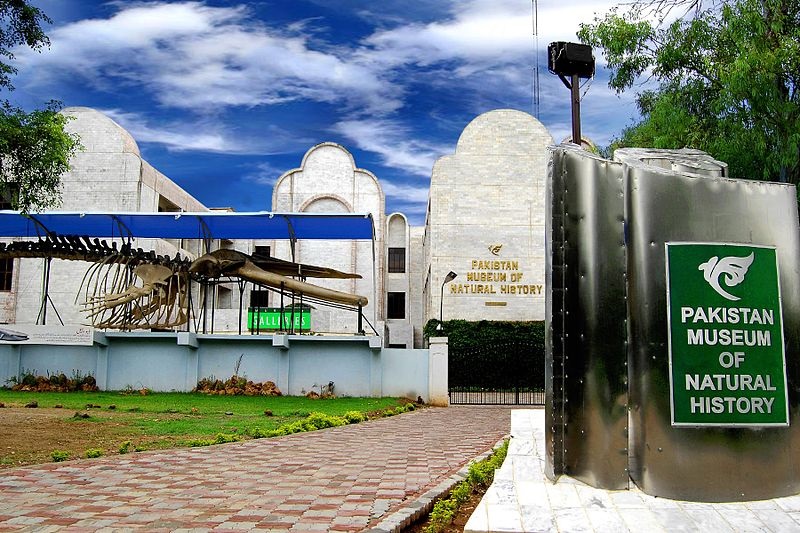Video special: Dr Babar Bajwa talks about CABI’s work in Pakistan
In this video special Dr Babar Bajwa, CABI’s Regional Director – Central and West Asia, talks about CABI’s work towards helping partners achieve the UN Sustainable Development Goals – including ‘Zero Hunger’ and ‘No Poverty’ – in Pakistan. This includes reaching out to smallholder farmers with expert advice on integrated crop and pest management practices so they are better…
Embracing change – how family farmers can face the future
This year opens the Decade of Family Farming, which aims to improve the life of family farmers around the world. In an earnest discussion, two leaders in the global agriculture community reflect on the challenges facing family farmers, the promises of high- and low-tech solutions, and their hopes for the future. A conversation between Dr…
Engendering a more profitable cotton industry for Pakistan through female empowerment
CABI is helping to engender a more productive and profitable cotton industry for Pakistan through the training of more than 57,000 farmers and farm workers – including these women picture above – as part of the Better Cotton Initiative. The Pak Mission Society teamed up with CABI in the Tehsil Khipro, District Sanghar of Sindh…
CABI’s publishing business strengthens partnerships with China
CABI’s publishing business has been busy strengthening partnerships in China by showcasing the benefits of its range of print and online products and services to Chinese clients and partners, and exploring opportunities of further collaboration with the Chinese Academy of Agricultural Sciences (CAAS) in Beijing. Dr Andy Robinson, CABI’s Managing Director, Publishing, led a delegation…
‘Women can be good leaders and science managers’
In the week that the UN Decade of Family Farming was launched, Segenet Kelemu, the Director General of the International Centre of Insect Physiology and Ecology (icipe), tells CABI’s sister organisation SciDev.Net that women can be good leaders and science managers. In a candid interview, she reveals how she came from humble beginnings (having to…
“The warnings of impending doom are real but the timeframe is very much up for debate”
Did you know that more than 100 billion bananas are eaten every year in the world, making them the fourth most popular agricultural product? You might also be surprised to learn that Uganda has the highest average per capita consumption in the world, where residents eat an average of 226kgs of bananas per person per…
Climate-smart pest management holds the key to future global food security
CABI scientists Luca Heeb, Dr Emma Jenner and Dr Matthew Cock, have issued a stark reminder to the world – we must embrace climate-smart pest management (CSPM) if we are to ensure the food security of a global population predicted to reach 10 billion by 2050. In the paper ‘Climate-smart pest management: building resilience of…
What do bees ‘see’ and how does it inform our understanding of vision?
By Adrian Horridge, F.R.S. Bees are familiar to all, and tests to discover what they see can be repeated in any temperate part of the world, requiring little basic science but lots of thought to grasp this anti-intuitive but wonderfully adapted newly described visual system. In advance of World Bee Day on the 20th May,…
CABI helps Pakistan Museum of Natural History showcase scourge of noxious parthenium weed
CABI in Pakistan is helping the Pakistan Museum of Natural History (PMNH) showcase the scourge of the noxious parthenium weed, otherwise known locally at ‘Gajar Booti’, to members of the public visiting its Bio Gallery exhibit. Parthenium is regarded as one of the major threats to native species, environment and ecosystems in more than 48…










